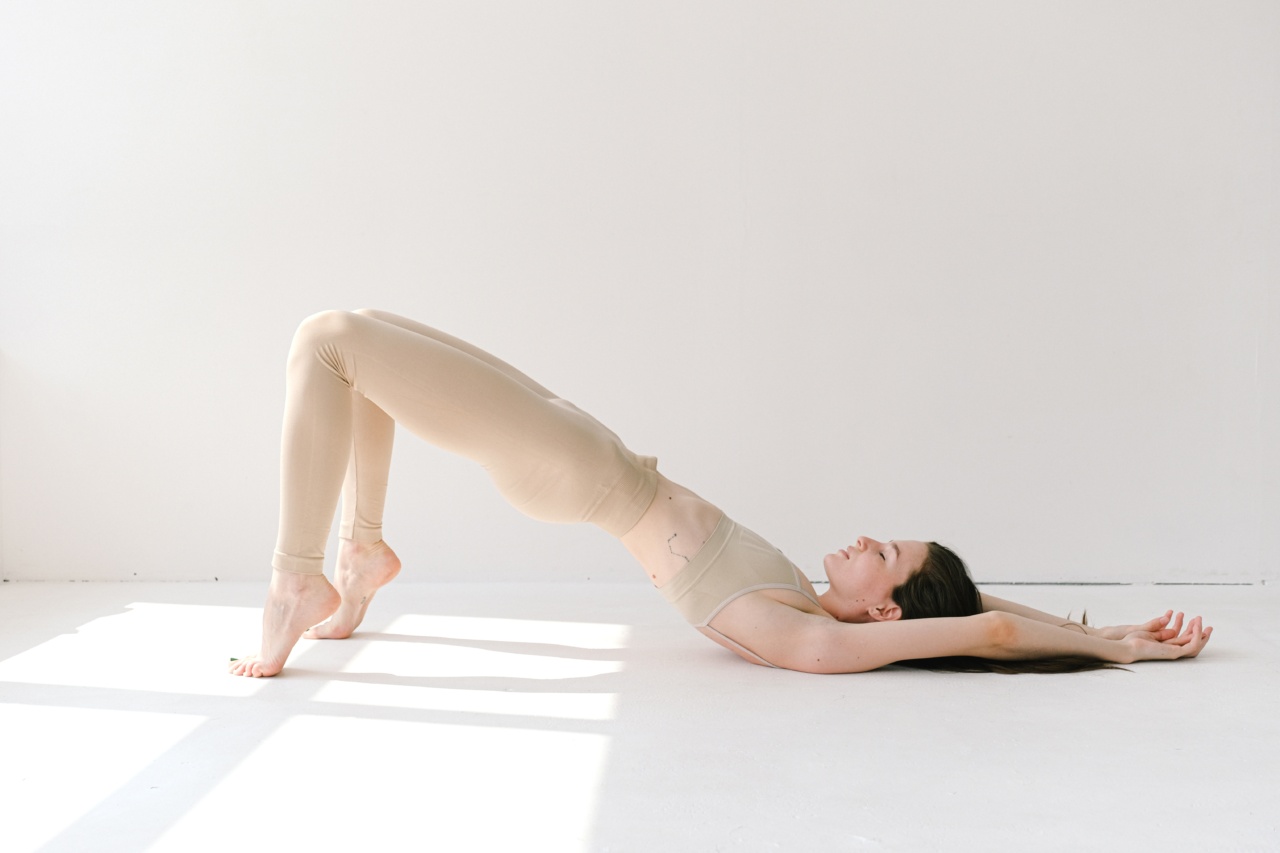Our eyes are essential to our daily lives, helping us navigate the world around us. It is crucial to take steps to protect your eyes and keep them healthy, no matter your age. Consider these tips to keep your eyes healthy and maintain good vision.
1. Get Annual Eye Exams
Annual eye exams are essential to maintain good eye health. During the exams, doctors can detect early signs of eye problems, including glaucoma, cataracts, and macular degeneration, that, if left untreated, can lead to vision loss.
Your eye doctor can also check for changes in your prescription and ensure that your eyes are healthy and functioning correctly.
2. Wear Sunglasses
Wearing sunglasses can help to protect your eyes from harmful UV rays that can lead to cataracts and macular degeneration. When purchasing sunglasses, choose a pair that offers protection from both UVA and UVB rays.
Additionally, consider wearing a hat with a brim to help block out the sun.
3. Eat a Healthy Diet
Eating a healthy diet can help keep your eyes healthy. Foods rich in omega-3 fatty acids, lutein, zeaxanthin, zinc, and vitamins C and E can help protect against vision problems such as macular degeneration and cataracts.
Good sources of these nutrients include nuts, fish, leafy greens, and citrus fruits.
4. Quit Smoking
Smoking can lead to many different health problems, including eye problems such as cataracts and macular degeneration. Quitting smoking can also help to improve your overall health and well-being.
If you need assistance quitting, talk to your doctor about resources that can help.
5. Take Breaks from Screen Time
Prolonged periods of screen time can lead to eye strain, headaches, and dry eyes. To reduce your risk of these issues, follow the 20-20-20 rule. Every 20 minutes, take a 20-second break and look at something 20 feet away.
Additionally, consider using computer glasses to help reduce the amount of blue light emitted from screens.
6. Keep Your Eyes Moisturized
Dry eyes can lead to redness, itching, and discomfort. To prevent dry eyes, use a humidifier in your home, avoid direct exposure to air conditioning or heat, and make sure to blink regularly.
Additionally, consider using artificial tears or eye drops to help moisturize your eyes.
7. Practice Good Lens Hygiene
Keeping your lenses clean can help prevent eye infections. Wash your hands before handling your contact lenses, and replace them as directed by your doctor.
Additionally, don’t sleep in your lenses, as this can lead to eye infections and other complications.
8. Exercise Regularly
Regular exercise can help maintain good eye health. Exercise can help to increase blood flow to the eyes, which can help to keep them healthy.
Additionally, exercise can help to improve overall health and well-being and reduce the risk of chronic diseases such as diabetes, which can lead to eye problems.
9. Protect Your Eyes at Work
If you work in a job that requires you to use a computer or complete tasks that require intense focus, make sure to take breaks and practice good ergonomics.
Additionally, if you work in an environment that exposes you to chemicals or other hazards that can impact your eye health, make sure to wear appropriate eye protection.
10. Get Enough Sleep
Getting enough sleep is essential for good eye health. Lack of sleep can lead to eye fatigue, dry eyes, and other eye problems.
Make sure to get at least seven hours of sleep each night, and follow good sleep hygiene practices such as avoiding screen time before bed.




























